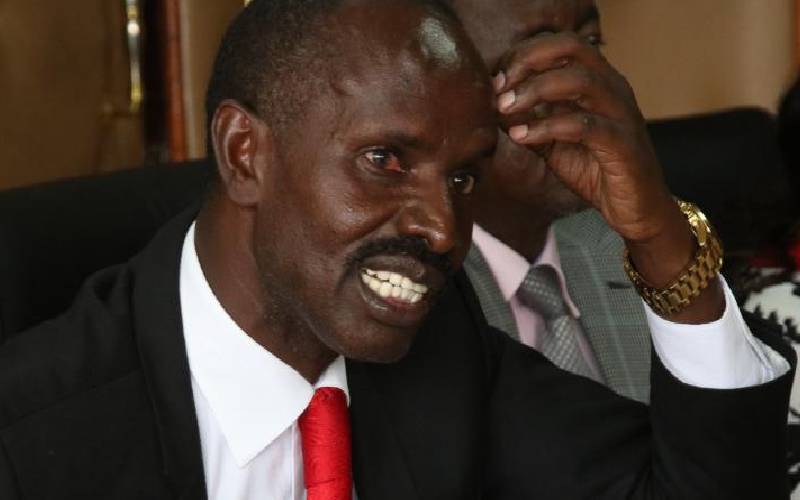×
The Standard e-Paper
Fearless, Trusted News

Knut Secretary General Wilson Sossion. [Standard]
The rhubarb between the Ministry of Education and the giant teacher’s union KNUT does not bode well for the implementation of the new curriculum. Both parties, like the rest of us, are in agreement that the Competency-Based Curriculum is good for the country and should have been implemented like yesterday.